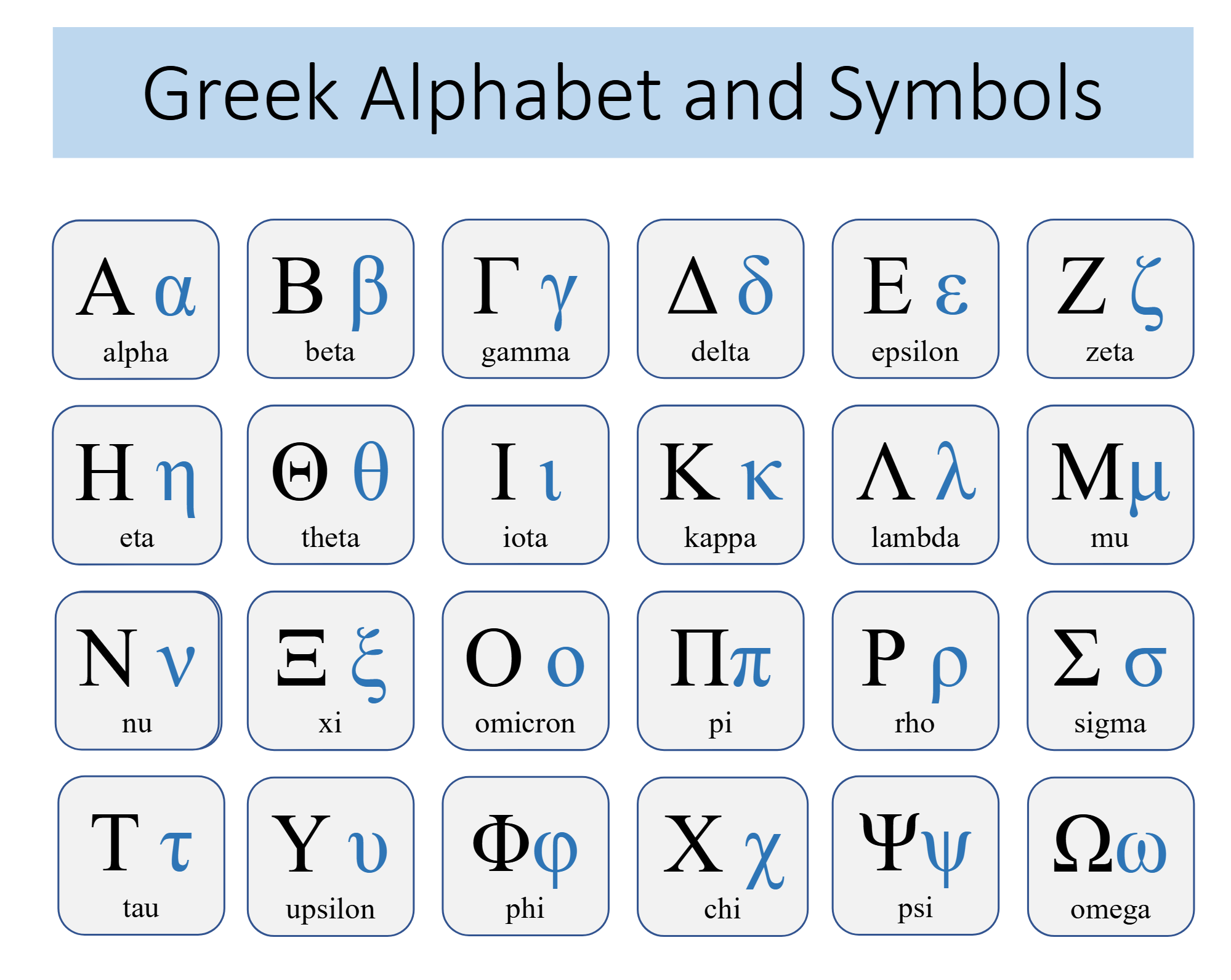Greek To Me - Unpacking A Common Saying
Have you ever found yourself in a conversation, perhaps about a really intricate subject, and felt like the words just weren't making sense? It's a feeling many of us share, that moment when what someone is saying sounds completely foreign, like a different language. That's a pretty common experience, and there's a well-known saying for it, too it's almost a universal feeling of confusion.
This particular phrase, "it's all greek to me," gets tossed around quite a bit when things seem just too hard to figure out. It could be a complicated math problem, a technical explanation, or even just some really dense writing. We use it to tell someone, in a simple way, that we're completely lost and don't grasp what's going on, you know?
But where does this little saying come from, and what does it have to do with an ancient language? It's a rather interesting story, actually, tying into history and how words themselves can be a bit of a mystery. We'll take a closer look at this expression and the actual language it refers to, which is quite fascinating in its own right, for instance.
Table of Contents
- What Does "Greek to Me" Really Mean?
- Where Did the Idea of "Greek to Me" Come From?
- Is Modern Greek Still Spoken Today?
- How Old is the Greek Way of Writing?
- Who Are the People We Call Greeks?
- What Can You Find Out About the Greek Alphabet?
- Getting a Taste of Greece- What About Food?
- The Continuous Journey of the Greek Language
What Does "Greek to Me" Really Mean?
When someone says, "it's all greek to me," they're simply expressing that something is difficult to get your head around. It means the information presented feels impossible to grasp, perhaps because of how complicated it is, or maybe the way it's put together. You might hear this when a teacher is going over a very involved math problem, or when someone is trying to explain how a very intricate piece of equipment functions, in a way.
The phrase is a way to tell others that you just can't make heads or tails of what's being said or shown. It’s a common turn of phrase for when something feels completely unclear or just plain confusing. So, if you're ever faced with a video, a piece of writing, or a discussion full of specialized terms, scientific talk, or something with a lot of technical details, you might just find yourself saying, "that's greek to me," or "it's all greek to me," you know?
Where Did the Idea of "Greek to Me" Come From?
This expression, "it's all greek to me," has been around for a very long time, actually. It turns out that the word "greek" has often been used to mean speech or a way of talking that makes no sense, like gibberish. The saying itself, "I can't make any sense of it at all," has been put into use by many generations of young students trying to figure out tough subjects, for instance.
The origin of this particular saying can be traced back to a very famous writer, William Shakespeare. He put it into one of his plays, "Julius Caesar," in a scene where a character named Casca is speaking. Shakespeare was playing on the idea that the characters in the play were Roman, and his audience would have thought they wouldn't, or couldn't, speak Greek. So, when Casca says something about Cicero speaking Greek, it's meant to sound like something he wouldn't understand, or at least wouldn't want to bother with, in that case.
So, the next time something feels utterly bewildering, remember that feeling of being completely lost is pretty well captured by this saying. It's a way to express that something is just too hard to figure out, and it's been a part of how we talk for a good while, thanks to an old play, you see.
Is Modern Greek Still Spoken Today?
Yes, it is! The modern version of Greek serves as the official tongue for both Greece and the island nation of Cyprus. It also holds a spot as one of the twenty-four official ways of speaking for the European Union, which is quite a big deal. Today, at least 13.5 million individuals across Greece and other places communicate using this language, so it's very much alive and well, in fact.
People use Greek primarily in Greece and Cyprus, but its reach goes much further than that. You'll find communities where Greek is spoken in places like Australia, Albania, Italy, Ukraine, Turkey, Romania, and Hungary. This shows how a language can spread and keep its presence across many different countries, too it's almost like a living connection between people and their heritage.
When you think about other ancient languages that are still in use, Greek's position as a way of writing that has been in continuous use for a very long time is truly remarkable. It has deep roots that stretch back into the distant past, making it a special part of human communication history, you know.
How Old is the Greek Way of Writing?
The system for writing Greek has been put into service for a very long time, since about 900 years before the common era. It holds a very important place in the story of written communication because it was the first system to use a distinct mark for each sound that makes up a word, both for sounds made with an open mouth and those that are stopped. This makes it the earliest way of writing that separates out all the individual sounds, which is quite a feat, in some respects.
The time period known as ancient Greek civilization followed the Mycenaean civilization, which came to an end around 1200 years before the common era. This important time in history lasted until the passing of Alexander the Great, which happened in 323 years before the common era. It was a stretch of years that saw many significant developments and changes, as a matter of fact.
So, when we talk about the Greek writing system, we're really talking about something that has seen centuries pass, carrying stories and ideas through time. It's a connection to a very distant past, still in use today, which is quite something to think about, isn't it?
Who Are the People We Call Greeks?
The people known as Greeks, or Hellenes, are a group of individuals who share a common heritage and identity. They are originally from Greece, Cyprus, and areas in southern Albania, Anatolia, as well as certain parts of Italy and Egypt. This group has a long and rich history, with roots stretching back through many generations, you see.
They represent an ethnic group and a nation that has deep ties to these particular places. Their history is intertwined with the story of the language and the civilization that developed in these areas. So, when you hear about Greeks, it's about a people with a shared past and a strong connection to their homelands, naturally.
What Can You Find Out About the Greek Alphabet?
If you're curious to learn more about the Greek way of writing, there's quite a bit to discover. You can look into how the Greek alphabet first came to be, where it started, and how it developed over time. It's a system with twenty-four individual marks that represent sounds, and it was first put into use in Greece, which makes sense, of course.
Understanding the origins of this writing system helps you appreciate its significance in the history of human communication. It's a way to see how people began to put down their thoughts and stories in a lasting form. You might even find it interesting to pick up a few simple Greek words to get a feel for the language yourself, for example.
Getting a Taste of Greece- What About Food?
Beyond the language and its history, there's another aspect of Greek culture that's very popular: the food! If you ever find yourself wanting some freshly prepared Greek street food, there are places that offer classic dishes. For instance, a spot called Nick the Greek has things like gyros, which are tasty wraps, and bowls filled with flavorful ingredients, you know?
These places often give you the choice to sit down and eat or to order what you want online, so you can get quick, delicious meals made just for you. It's a wonderful way to experience a piece of Greek culture through its wonderful cooking, and it shows how the culture extends far beyond just words, doesn't it?
The Continuous Journey of the Greek Language
The Greek language, from its ancient beginnings to its modern form, shows a truly remarkable story of survival and continued use. It's a language that has seen civilizations rise and fall, yet it has kept its place as a means of communication for millions. Its long history, the way its writing system works, and its spread across different parts of the world really make it stand out, in short.
It's a language that connects us to a very distant past, allowing us to read texts that are thousands of years old. At the same time, it is a living language, spoken by many people every single day, which is rather unique. So, whether you're pondering the saying "it's all greek to me" or thinking about the language itself, you're looking at something with a truly deep and lasting impact on human history and communication, very truly.

Legendary Journeys - Travel Blog: Exploring the Ancient Past in Athens!

The 24 Greek Alphabet Letters and What They Mean · PrepScholar

Fastest Way to Learn Greek: Tips and Techniques